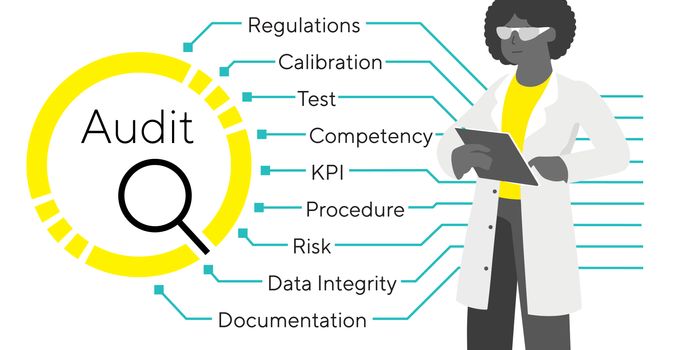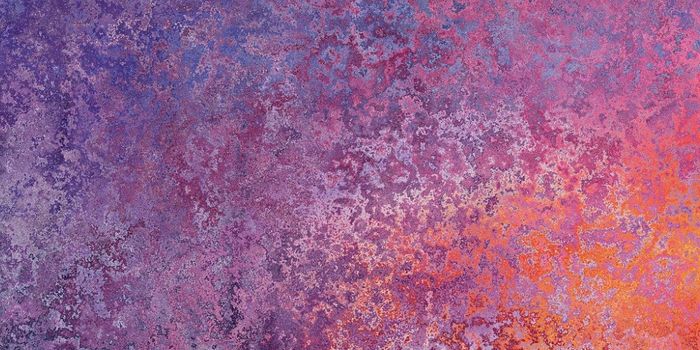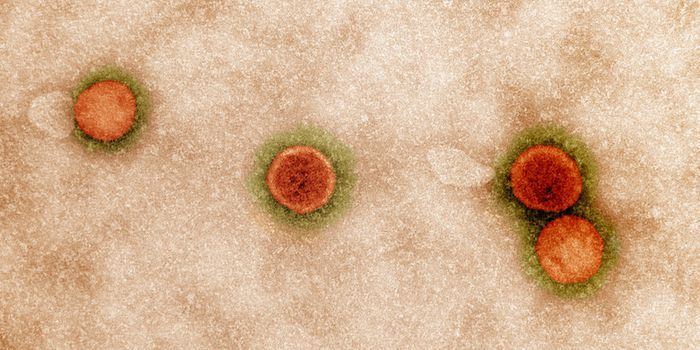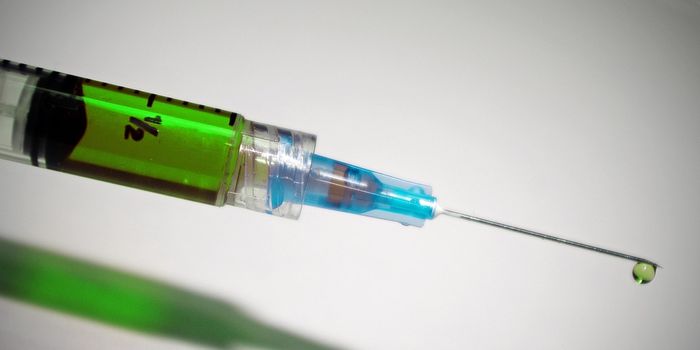Teenagers With Sleep Issues More Likely to Use Cannabis

But if disrupted sleep gets out of hand for young people, it could mean more than just feeling groggy during the day — a recent study suggests there’s a link between disrupted shuteye and cannabis use and alcohol misuse.
In the study, researchers from the University of Pittsburgh and the not-for-profit research institute SRI International analysed data from the National Consortium on Alcohol and Neurodevelopment in Adolescence (NCANDA) study. Specifically, they looked at whether sleep factors in any year predicted drink or drug use the following year.
Their research focus wasn’t a random choice — it was informed by some already existing evidence that sleep characteristics may predict substance use and related problems during adolescence and young adulthood.
To complete the study, which was published online in the journal Sleep, researchers analysed more sleep habits and a wider age group of youngsters than have been considered than previously.
In all, 831 participants of NCANDA, including 431 females, aged 12 to 21 years old at the onset of the study were reviewed.
The research revealed that greater eveningness (delayed bedtime and staying up late), predicted an increased risk for additional days of cannabis use the following year. Shorter sleep duration, especially on weekdays, was also a risk factor for future cannabis use and alcohol misuse.
It’s not known if poor sleep pattern is directly liked with substance misuse or just a proxy for other things going on in a young person’s (psychological issues) that make them more vulnerable to substance misuse.
But the researchers believe early school start times don’t help, pointing out that “the particular pattern of sleep predictors in the middle school and high school sample is consistent with ‘circadian misalignment’ caused by early school start times.”
“Overall, the results suggest that teens in middle and high school may be more vulnerable to sleep-related risk for substance use,” said lead author Brant P. Hasler, a researcher with a doctorate in clinical psychology and an associate professor of psychiatry, psychology, and clinical and translational science in the Center for Sleep and Circadian Science at the University of Pittsburgh.
Sources: High Times, News Medical Life Sciences, Sleep








